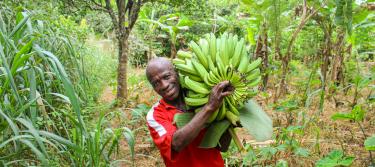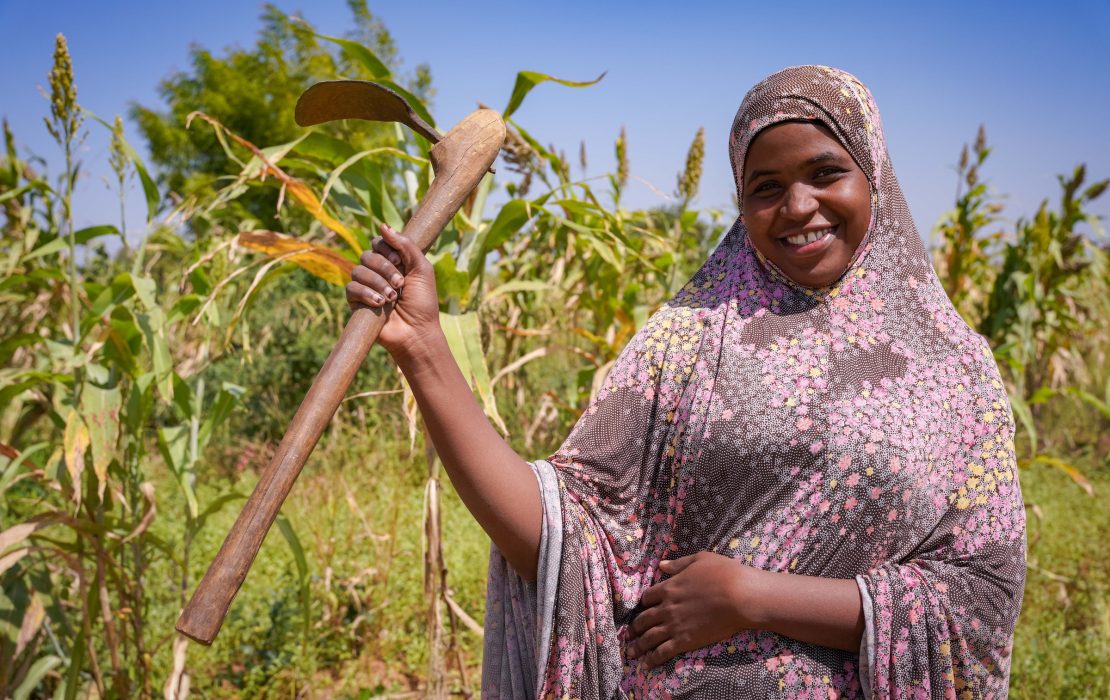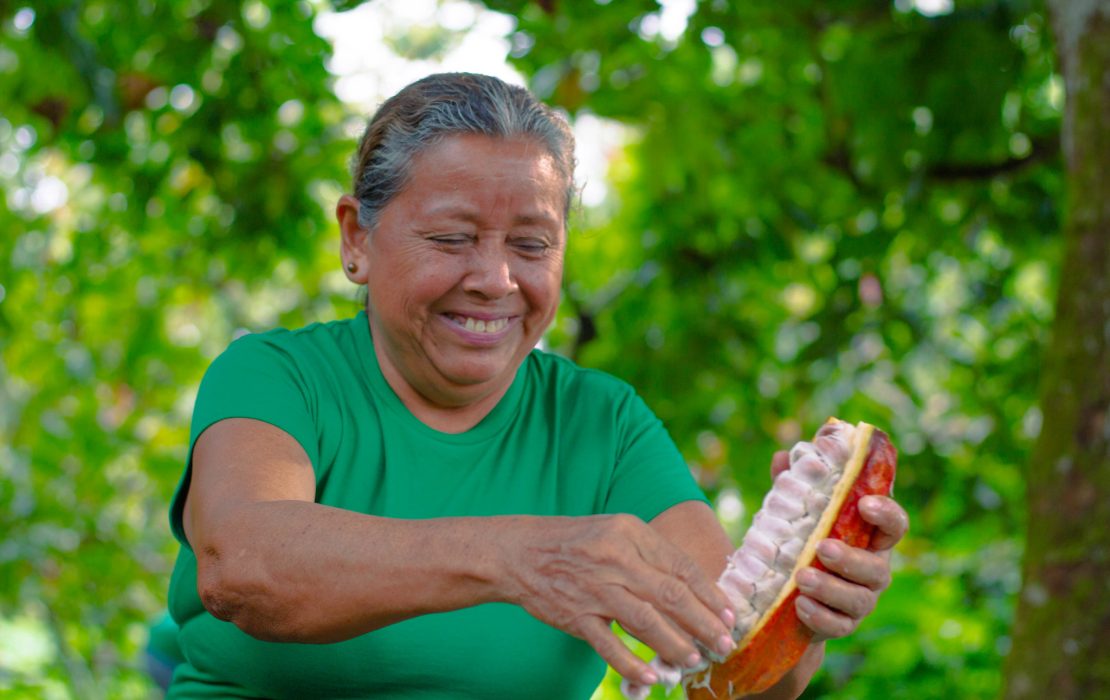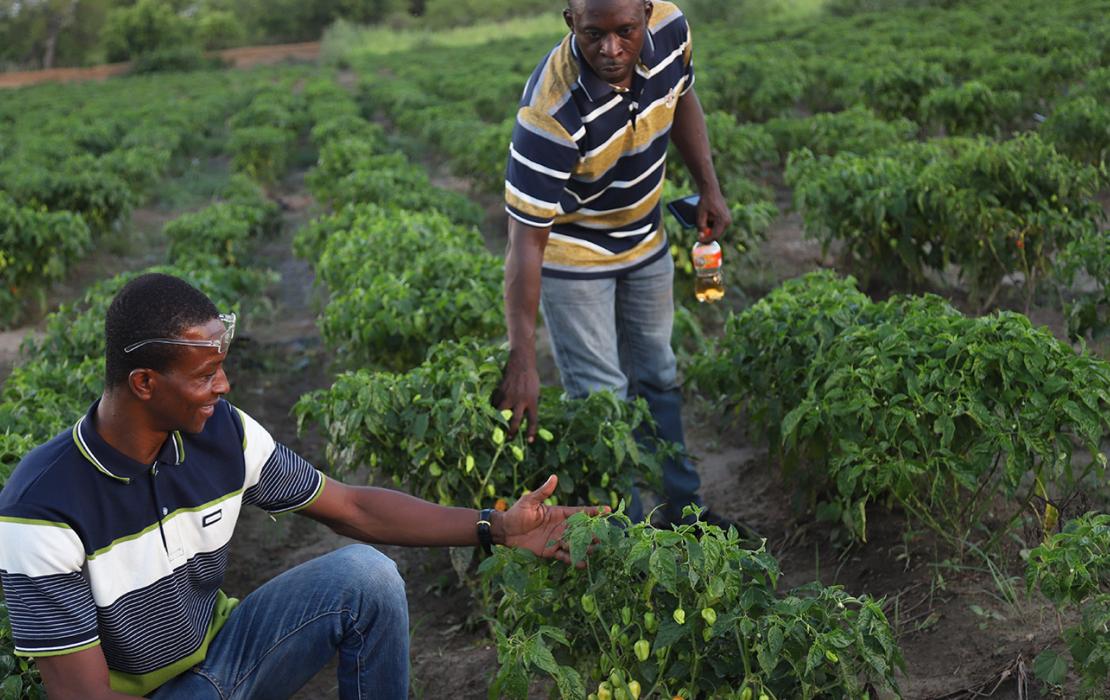0.03%
Share of global GHG emissions
Based on data from Climate Watch (CAIT 2020), developed and maintained by the World Resources Institute. #108
Climate Vulnerability Index ranking
A higher number means a higher vulnerability to climate change. Based on the ND-GAIN Index (2021), developed by the University of Notre Dame. #133
Human Development Index ranking
A lower number means a better human development score. Based on the Human Development Index (2021), developed by UNDP. NDC Status
Ghana submitted its revised NDC in November 2021.
Key highlights from the NDC
- With more ambition across sectors and the inclusion of new greenhouse gases, Ghana raised its target to cut emissions by 64 MtCO2e by 2030.
- Ghana commits to implementing unconditional actions that would result in 24.6 MtCO2e, and conditional actions which have the potential to reduce emissions by 39.4 MtCO2e by 2030.
- The updated NDC lists 47 ways in which the country will mitigate and adapt to climate change, with each examined for its socioeconomic outcomes, job prospects, funding, number of beneficiaries and gender responsiveness.
- Through climate action, Ghana expects to create over one million jobs and avoid 2,900 deaths due to better air quality.
Adaptation and resilience areas in the NDC
- Health
- Transportation
- Infrastructure
- Water
- Disaster Risk Management
- Agriculture
- Forestry
- Settlement
- Biodiversity and ecosystem
- Tourism
Latest Publications
See allA compendium of case studies on addressing climate, peace and security.




